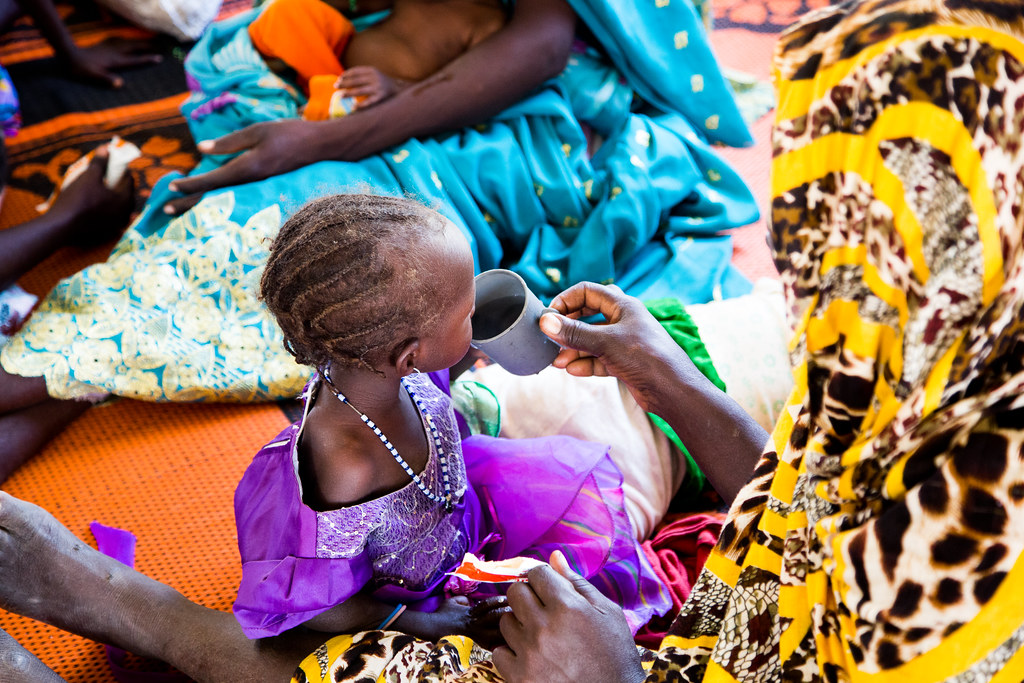Action on protracted displacement must combine development with humanitarian interventions: UN
A record $51.5 billion is required to meet the needs, according to the Global Humanitarian Overview for 2023.

A surge in violent conflict, the impact of the climate emergency and record levels of forced displacement will put 230 million people on the brink in 2023, says the UN. Emerging from crises will require going beyond just life-saving humanitarian interventions to scaling up development support.
A record $51.5 billion is required to meet the needs, according to the Global Humanitarian Overview for 2023. The size of the appeal – 25 per cent higher than this year’s - reflects the fact that the total number in need is 65 million more than in 2022.
Among those in need, more than 100 million people are now displaced worldwide as refugees and internally displaced persons (IDPs). This year, the war in Ukraine has caused the fastest-growing refugee crisis in Europe since the end of World War II.
Speaking at the High Commissioner’s Dialogue on Protection Challenges in Geneva 7-8 December, Asako Okai, Assistant Secretary-General (ASG) and Director of UNDP Crisis Bureau, said that urgent action on protracted displacement must combine development with humanitarian interventions.
“Development and peace organizations must be further engaged as they can accelerate the exit of affected populations from conflict and prolonged humanitarian crises, help avoid aid dependency and reduce needs,” said ASG Okai.
UNDP is already addressing forced displacement in over 30 countries with UNHCR. They are now expanding their joint actions on refugees, internally displaced people and the stateless with the launch of the Global Collaboration Framework (GCF) on Inclusions and Solutions 2022 – 2025.
The Global Collaboration Framework is in line with the Global Compact on Refugees (2018) and the Secretary-General’s Action Agenda on Internal Displacement (2022). The Framework includes strengthening joint action on livelihoods, the rule of law, peacebuilding, climate change, internal displacement and statelessness.
“Our experience in the world’s trouble spots shows that combining our knowledge, funding and technical capacity can lead to better lives for the people we serve,” said ASG Okai, speaking at the High Commissioner’s Dialogue.
ASG Okai also spoke on the importance of development in supporting voluntary return and reintegration during her visit to Geneva. Most refugees express a desire to return to their countries of origin, but returns still account for a small proportion of the displaced population.
She said that the focus of UNDP was squarely on making reintegration sustainable.
“While short-term assistance can be a crucial step in supporting the reintegration of returnees, programming should ultimately focus on long-term outcomes, whether in the realm of creating decent jobs, supporting entrepreneurship or fostering social cohesion,” said ASG Okai.
UNDP reintegration programming also focuses on ensuring that returnees can access a range of other services, including education, social protection, healthcare, and mental health and psychosocial support.
- READ MORE ON:
- UNDP
- UNHCR
- Asako Okai
- Ukraine
- refugees
ALSO READ
ISKCON Urges UNHCR to Act Against Religious Persecution in Bangladesh
ECW and UNHCR Launch $2.6M Initiative to Integrate Refugee Children into National Systems
ILO and UNDP Host Key Event in Armenia to Combat Gender-Based Violence in Workplace
UNDP and Qatar Partner to Harness Digital Innovation for Sustainable Development
UNHCR Urges Action as Tens of Thousands Flee Violence into South Sudan Amid Humanitarian Crisis










